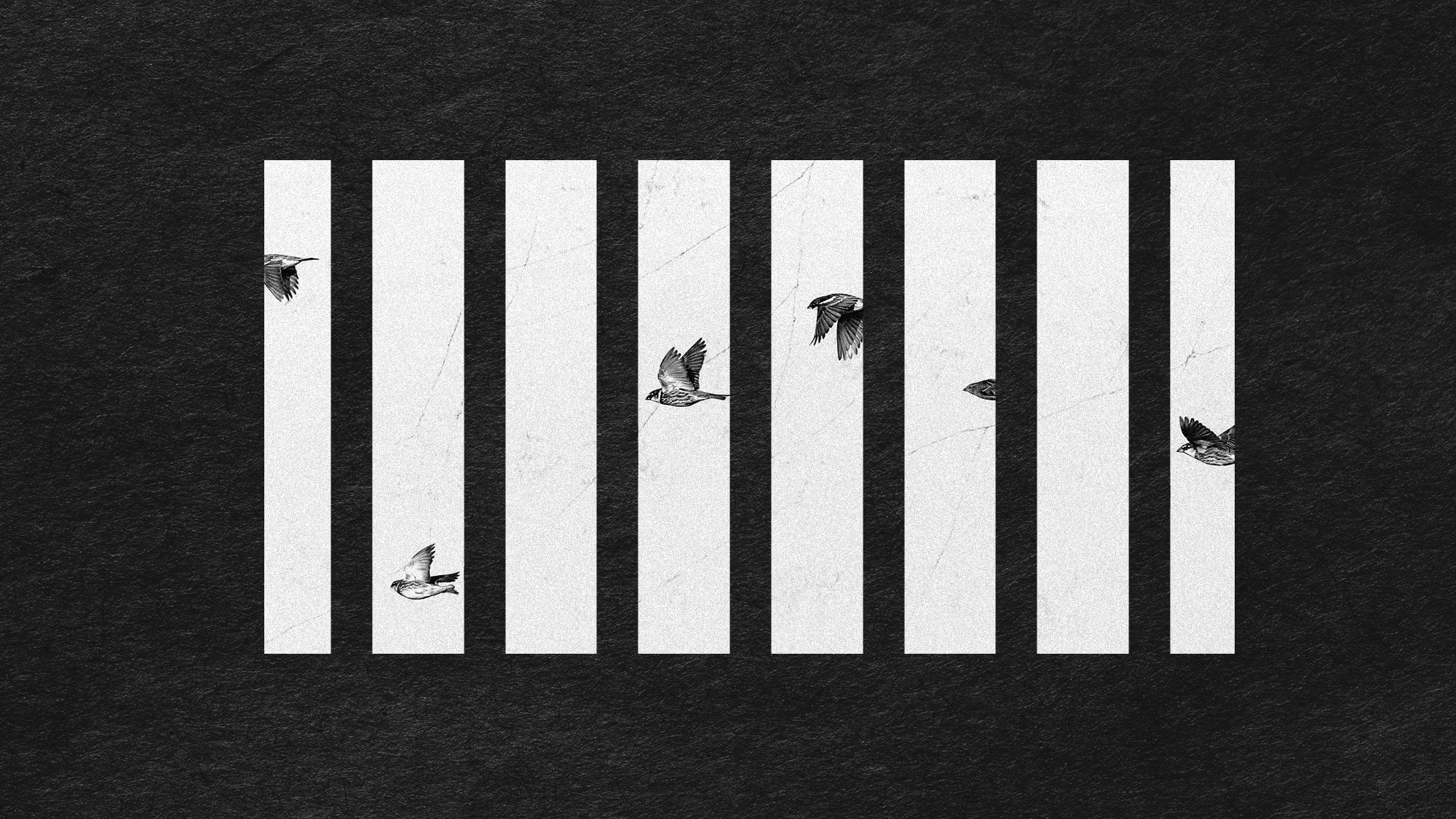
Israel has been preparing to welcome back the hostages released from Gaza with plans for medical care and psychological support, drawing on lessons learned from Holocaust survivors.
Returning home after being held hostage is “often not the end of your journey”, said support group Hostage International, instead a “new period of recovery and reintegration” begins, which can take years.
Strict guidelines
Six hospitals are preparing to receive the Gaza hostages, government officials said. Staff will “try to limit the number of people who interact with them”, said The Times of Israel, and they’ll “lessen their sensory stimulation”, by “stripping down the hospital rooms” and altering the lighting.
An immediate challenge when hostages are released is known as “refeeding syndrome”, when exposure to certain foods or too much food can cause major health issues or even death, said Dr Hagar Mizrahi, of the Ministry of Health.
The Red Cross staff and small Israeli military medical team that met the hostages have “strict guidelines” for what the hostages can eat in their first few hours.
Israel expects the hostages to have “severe, life-threatening complications” after more than a year in captivity in the Gaza Strip. Hagai Levine, who heads the health team at the Hostages Forum, expects them to have cognitive impairment and mental health trauma.
He also expects to find a host of physical issues, including vitamin deficiencies, starvation, spectacular weight loss, vision difficulties due to a lack of sunlight, broken bones, cardiovascular issues and respiratory problems.
Survivor’s guilt
The “negative or confusing emotions” that former hostages can feel include “survivor’s guilt” if you were “held with other hostages who were not released”, a feeling of “empathy towards some of those who had held you captive” and “still feeling captive when looked after by authorities or when you return home”, said Hostage International.
There’s usually a “debrief” or phase of “decompression”, conducted by professionals and supported by trauma specialists, before the hostages begin to reintegrate into the society they were snatched from.
For the released Israelis, that society could represent a new challenge. There’s been a “searing political division” in Israel that, “like everything else about this war”, has “gotten ugly”, said Haaretz, with some Israelis wanting to prioritise the safe return of hostages and others wanting to sacrifice them and simply “smash Hamas”. So the hostages are released into a society in which their plight had become an “intractable schism”.
For Gilad Shalit, an Israeli soldier who was snatched by Hamas in 2006, one of the “biggest problems” after he was released five years later was “dealing with the inevitable attention” he attracted, wrote Harriet Sherwood for The Guardian.
After being alone for so long, Shalit’s father told her, “it was difficult for him to be in a crowd” and “when he goes out, everyone comes to him, wanting to greet him, shake his hand, touch him, wish him a good life”.